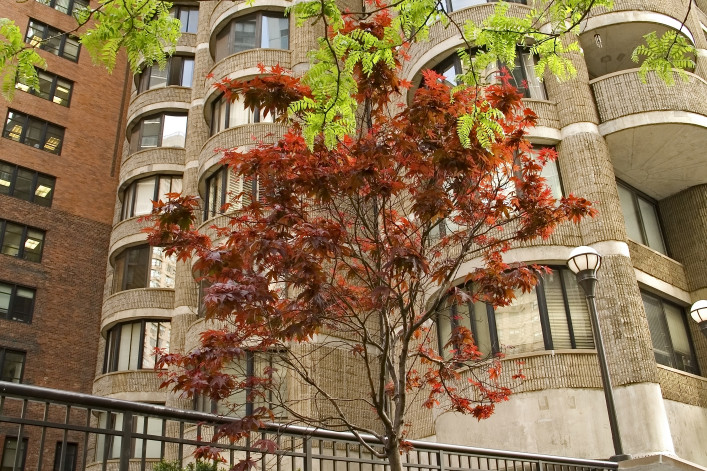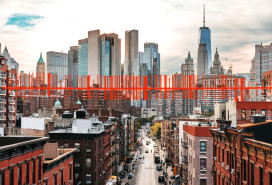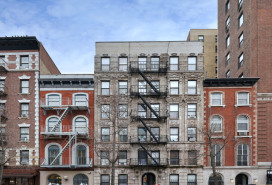The bank denied my mortgage for a co-op next to a doctor's office. Why?

Q. We want to buy a beautifully renovated, below-grade co-op in Carnegie Hill, and we're planning to get a mortgage with a 30 percent down payment (at least until we sell our single-family house out of state). The first lender we approached denied our mortgage because a doctor's office shares the lobby of the building; they were willing to lend to us in that building, just not for the first-floor apartment. We're now starting over with a different lender. Why is this so difficult? How do we get around this?
You’re running up against a part of New York City real estate that’s often surprising for out-of-towners, and that’s a set of Fannie Mae guidelines that applies to condo and co-op buildings, as well as individual borrowers, our experts say. Since many banks sell mortgages to Fannie Mae, they follow the government-sponsored agency’s criteria for what constitutes a “safe” loan to make. And thus a perfectly qualified New York buyer may have trouble getting a mortgage for an apartment in a building that, for example, doesn’t have enough money saved up in its reserve fund.
In your situation, the fact that the co-op is below ground is probably not the main stumbling block, unless that lender has some specific internal rule, experts say. Likewise, a doctor’s office in the building—even on the same floor as the co-op and the lobby—likely isn’t the issue. “If the doctor’s office is part of the co-op, the lender is making an error as the only rule regarding commercial space is the no-more-than-20-percent-commercial-space rule,” says Rolan Shnayder of H.O.M.E. Mortgage Bankers, referring to a Fannie Mae rule for apartments in buildings where more than 20 percent of the space is non-residential.
However, if the doctor’s office is not part of the co-operative but is sharing the common space, that could be a problem for Fannie Mae, Shnayder says. Similarly, there may be a snag if the place you want to buy was once a professional space and then was converted to an apartment, notes Robbie Gendels, a senior loan officer in the New York City office of National Cooperative Bank, since it could technically be counted as commercial space—and not something that would qualify for a home loan.
Regardless, your decision to seek out another lender is the right move. Smaller, private lenders will be more likely to make an exception for a qualified buyer than a big, brand-name bank. Indeed, portfolio lenders—which keep mortgages on their books, rather than selling them to Fannie Mae, and thus are not beholden to the agency’s rules—may lend to you. Note that if you’re borrowing $625,500 or more—that is, a jumbo loan that doesn’t conform to Fannie Mae’s guidelines in the first place—you’ll have to go to a portfolio lender, notes Peter Lucia, the Brooklyn branch manager for Mortgage Master. “Every portfolio lender is going to have a different take on this,” he says.
It may be difficult, but if the co-op is your dream home, it pays to shop around with other lenders. “If there are sufficient windows and you love the apartment,” Lucia says, “go for it.”
Related:
4 ways to screw up your mortgage application--and how to avoid them
Jumbo loans demystified--what buyers need to know
The top hurdles to getting a mortgage--and how to overcome them
Top 12 questions New Yorkers ask their mortgage bankers
Trouble at home? Get your NYC apartment-dweller questions answered by an expert! Send us your questions.
See all Ask an Expert.






















